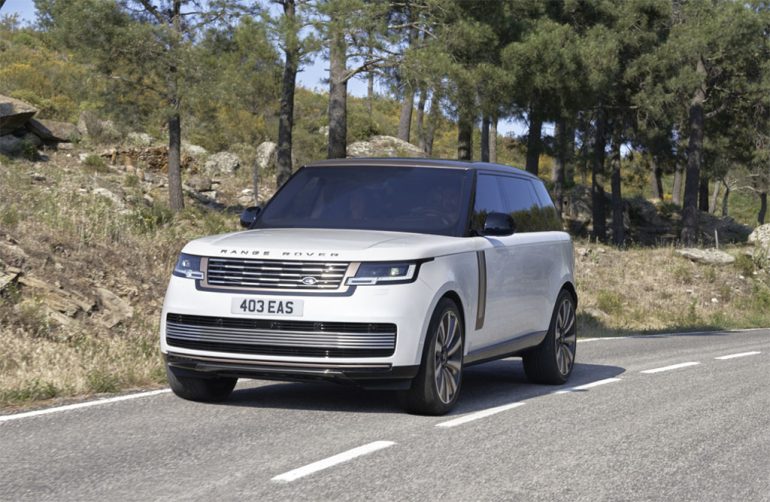
The automotive industry is expressing frustration and concern following the decision by the British government to delay the implementation of a ban on the sale of new petrol and diesel cars until 2035. This move has sparked backlash from car manufacturers, who have invested substantial sums in electric vehicle (EV) technology and were preparing for the initial 2030 deadline. They argue that this delay will have significant implications for supply chains and hinder the transition to greener, more sustainable vehicles.
Prime Minister Rishi Sunak’s announcement to postpone the ban by five years was made with the intention of alleviating the financial burden on households. However, this decision has left automakers seeking greater policy certainty and less confusion in the industry. Car manufacturers had already made strategic investment decisions aligned with the earlier 2030 target, which had been brought forward from an initial 2035 goal. This sudden shift in policy direction has left them grappling with complex supply chain negotiations and product planning.
Also, don’t forget that you can get discounted new car pricing with a free quote through qualified local dealer partners.
Kia, a Korean carmaker with plans to launch nine EV models in Britain in the coming years, expressed disappointment over the change in policy direction. A Kia spokesperson highlighted the potential for consumer and industry confusion resulting from the government’s decision.
Furthermore, the automotive industry has raised concerns about the lack of clarity surrounding the government’s zero-emission vehicle (ZEV) rules, which stipulate an increasing proportion of a manufacturer’s sales must be ZEVs in the lead-up to the ban. Car manufacturers are calling for a clear and reliable regulatory framework that includes binding targets for infrastructure development and incentives to instill market certainty and consumer confidence.
The delay in implementing the ban on petrol and diesel cars also raises the risk of stalling the recent momentum in the adoption of greener transportation options. Car buyers who were contemplating switching to EVs might now reconsider their choices, and this delay could disrupt the plans of electric charge-point operators. Adrian Keen, the CEO of public charging network InstaVolt, expressed concerns about the impact on investment in EV infrastructure and the broader market for battery, solar, and green energy initiatives.
While Prime Minister Sunak presented the policy shift as aligning with the European Union’s 2035 ban on new petrol car sales, experts suggest that the two markets are not directly comparable. The UK lacks certain demand-side incentives and infrastructure support seen in many EU jurisdictions, making the transition more challenging.
However, Toyota welcomed the government’s decision, emphasizing that it acknowledges the importance of all low-emission and affordable technologies in a pragmatic transition towards greener vehicles. On the other hand, Ford, which has committed $50 billion globally to electrifying its vehicles, criticized the policy shift, emphasizing the need for ambition, commitment, and consistency from the UK government in the face of what it called “the biggest industry transformation in over a century.”